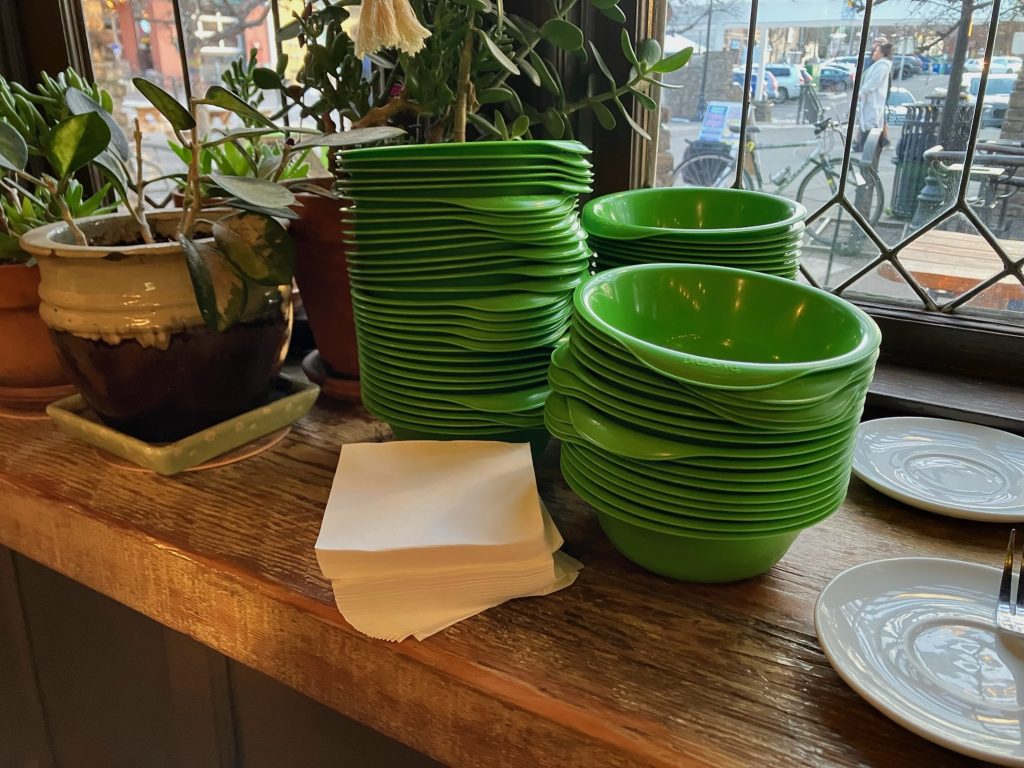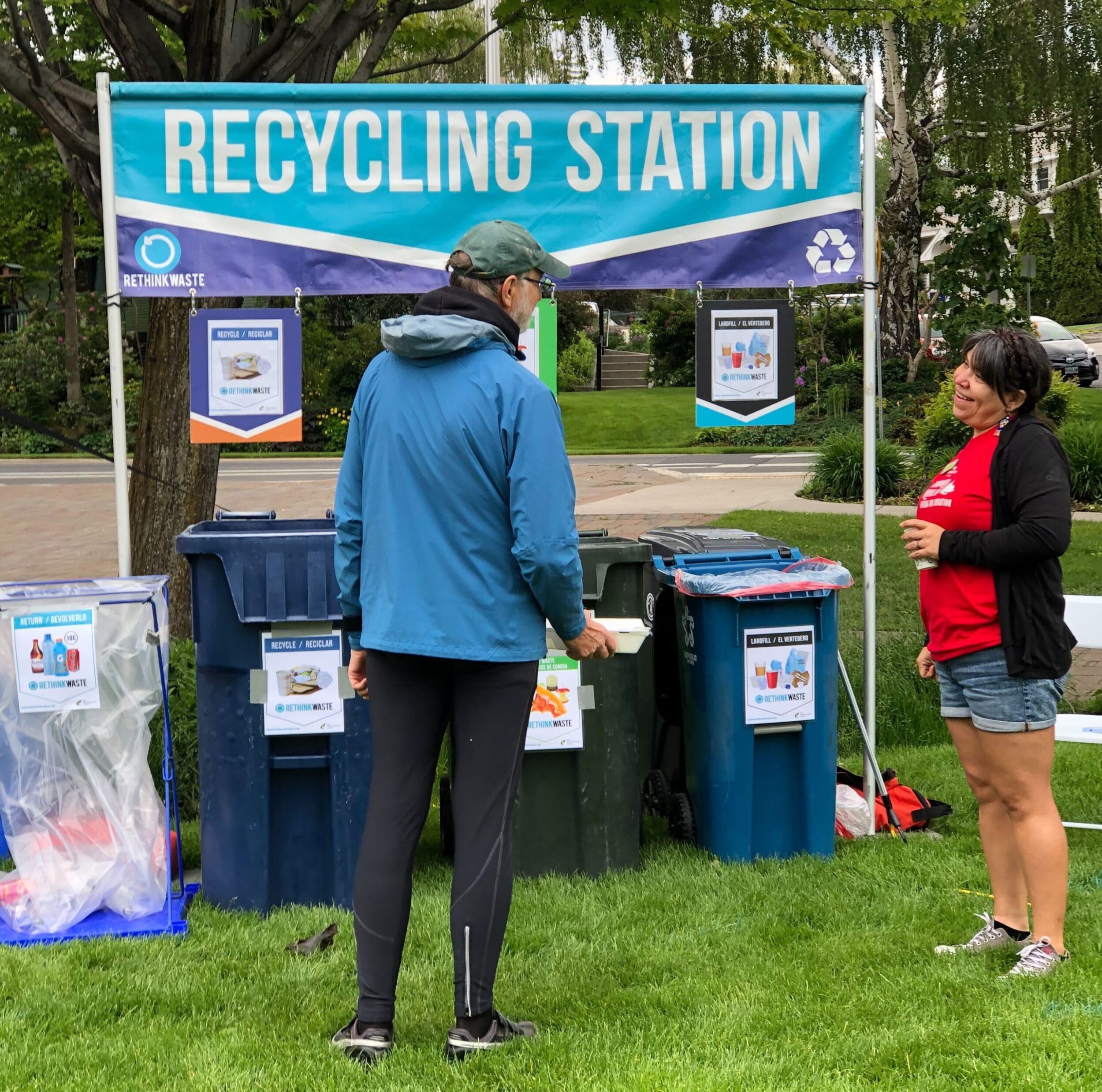
Rethink Waste
The Rethink Waste Project envisions a community that understands the upstream and downstream impacts of using Earth's resources and makes responsible decisions about the consumption, use, and disposal of materials.
We envision a community that makes responsible decisions about the consumption, use, and disposal of materials.
Through education, resources, and engagement activities, our goal is to empower Deschutes County residents, visitors, and businesses to prevent waste and then recover as much as possible.
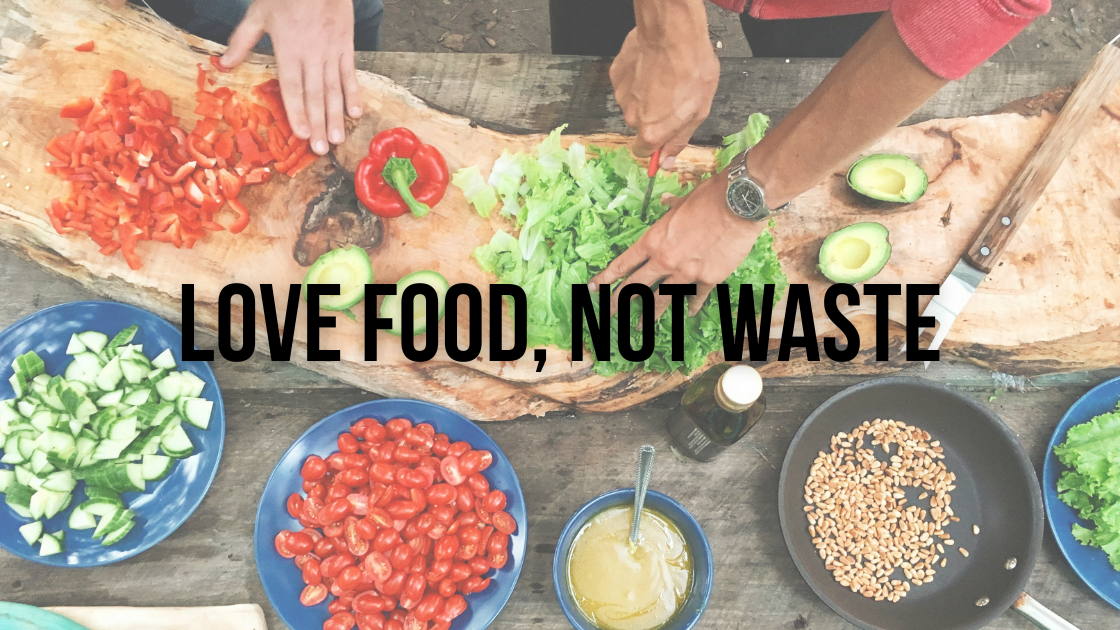
Sign up for the Food Waste Challenge
Our free 4 week home challenge is designed to help you find out what– and how much– food is going to waste in your home!
Over the course of the month, you will receive one email per week with tips and tricks on how to reduce your wasted food.
Check out the Community Innovation Fund projects
Browse a showcase of all past and current funded projects!
Make your next event GREEN with reusable dishware!
Request to borrow plates, bowls, cups, and utensils for your next gathering or event. It's free!
Waste prevention and reduction education for Deschutes County residents.
The Rethink Waste Project provides the tools and resources you need to help you reduce waste – and rethink the way you think about waste. From learning easy ways to reduce waste at home, such as composting and simple non-toxic alternatives, to paying attention to your purchasing habits and understanding what it means to buy local, we can all take steps towards the same goal: reduce, reuse, recycle, and rethink.
OUR PARTNERS
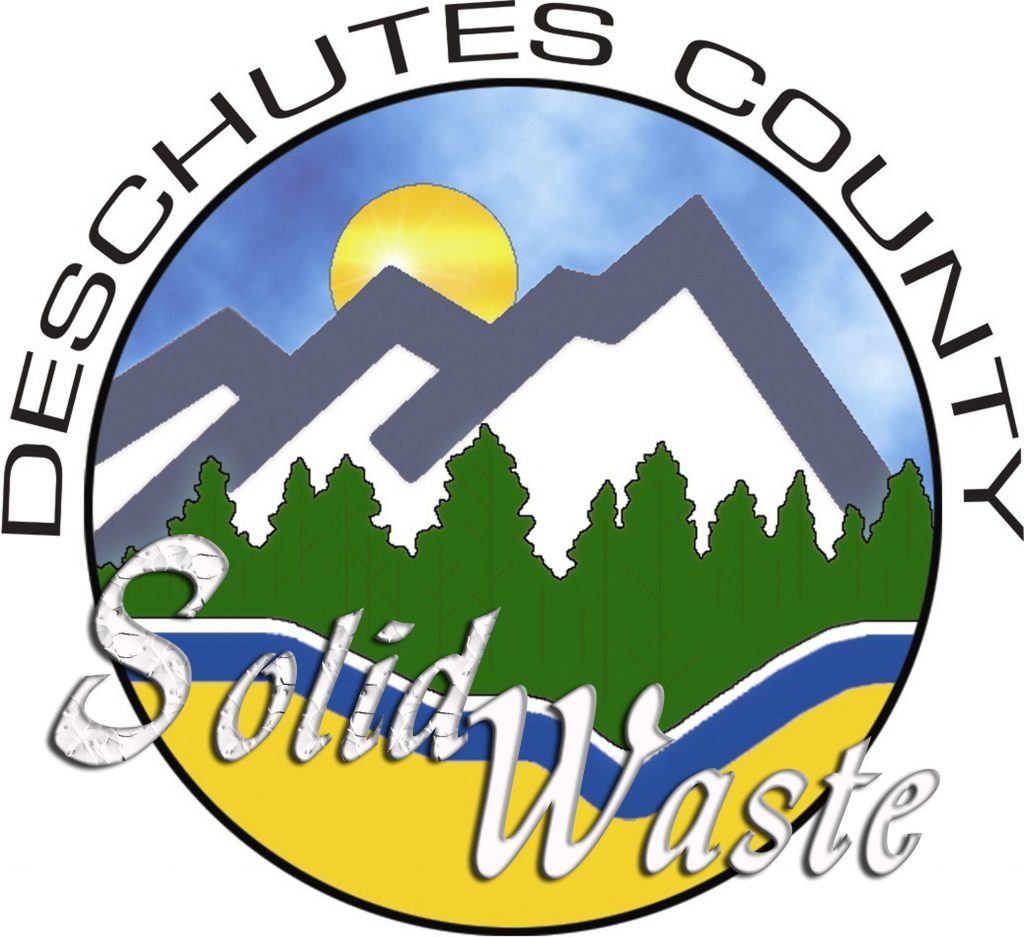
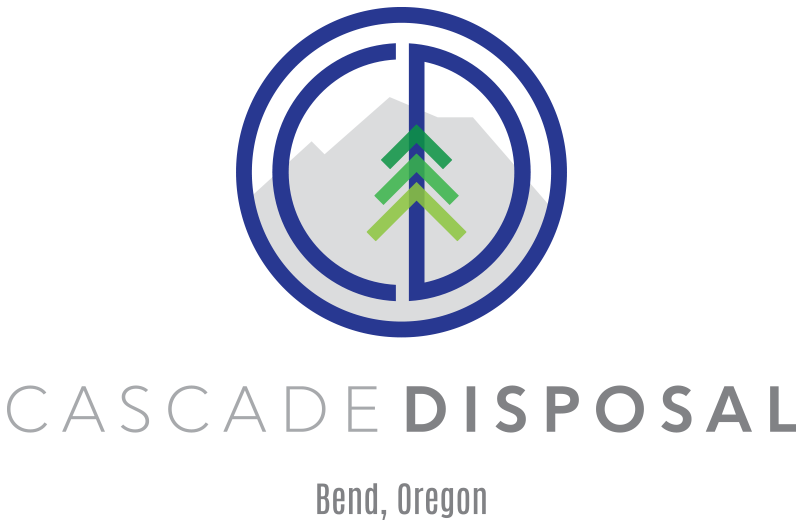
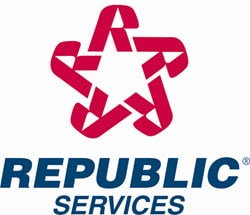
Recent Rethink Waste Posts
Not sure what to do with items that aren't collected curbside?
Find a Recycler or Reuser
Rethink Waste Events

